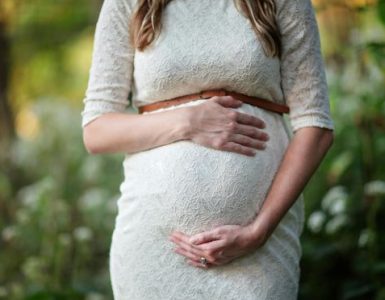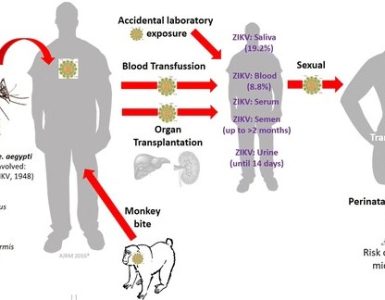 About a year passed between COVID-19’s discovery and the creation of a vaccine. Why was malaria so much harder?
About a year passed between COVID-19’s discovery and the creation of a vaccine. Why was malaria so much harder?
The World Health Organization (WHO) recommended a broad rollout for a malaria vaccine after a pilot test showed that it was safe and could be effectively deployed in rural settings. Their historic announcement marks a turning point in the fight against malaria, as the first vaccine to exist for the disease that killed an estimated 400,000 people in 2019 (the most recent year for which updated data is available). Most deaths from malaria occur in sub-Saharan Africa; more than half of those deaths in 2019 were children under the age of 5.
The vaccine, dubbed RTS,S/AS01 (RTS,S) and also named Mosquirix, was made by GlaxoSmithKline. According to the pilot study’s results, the vaccine is 30 percent effective in reducing the risk of severe malaria, and 40 percent effective in reducing the risk of contracting malaria.
“This is a historic moment. The long-awaited malaria vaccine for children is a breakthrough for science, child health and malaria control,” said WHO Director-General Dr Tedros Adhanom Ghebreyesus. “Using this vaccine on top of existing tools to prevent malaria could save tens of thousands of young lives each year.”
The vaccine is administered as a series of four shots when a baby is between five to six months old. The first three are given each a month apart. Then a fourth is administered nearly a year later when the child is nearly two. To date, more than 2 million shots have been administered in the vaccine’s pilot program to more than 800,000 children in Ghana, Kenya, and Malawi; very few serious side effects have been reported.
Notably, WHO’s stamp of approval doesn’t mean widespread vaccine access. The next step, WHO says, “will include funding decisions from the global health community for broader rollout, and country decision-making on whether to adopt the vaccine as part of national malaria control strategies.” The vaccine costs about $5 a dose.
“For centuries, malaria has stalked sub-Saharan Africa, causing immense personal suffering,” said Dr. Matshidiso Moeti, WHO Regional Director for Africa. “We have long hoped for an effective malaria vaccine and now for the first time ever, we have such a vaccine recommended for widespread use. Today’s recommendation offers a glimmer of hope for the continent which shoulders the heaviest burden of the disease and we expect many more African children to be protected from malaria and grow into healthy adults.”
The announcement comes at a time when vaccines are clearly on the public’s mind amid a global pandemic for a different disease, COVID-19. Yet unlike the COVID-19 vaccine, which was created in little more than a year after discovery of the SARS-CoV-2 virus, malaria has been known to humans since the dawn of recorded history; it is mentioned in texts from India’s Vedic Period (1500–800 BCE) and in Homer’s “Illiad” (~750 BCE).
Given how long humans have been studying malaria, it is reasonable to ask why has it been so difficult to develop a vaccine for malaria — and why, in contrast, the vaccine for SARS-CoV-2 was developed at such a fast pace.
Source: The Salon

















